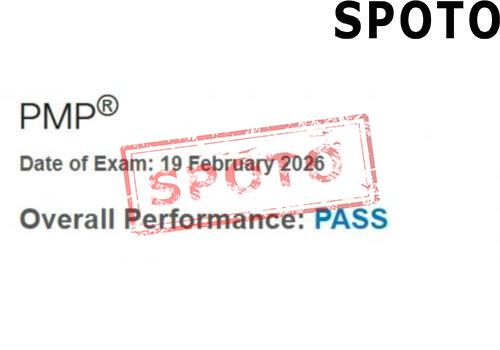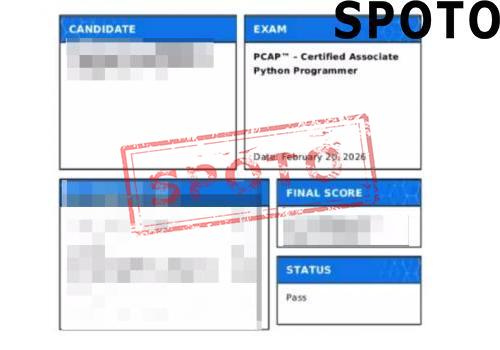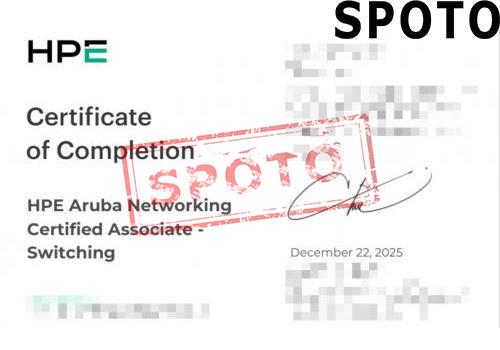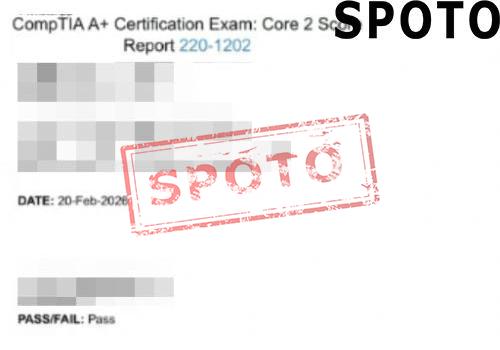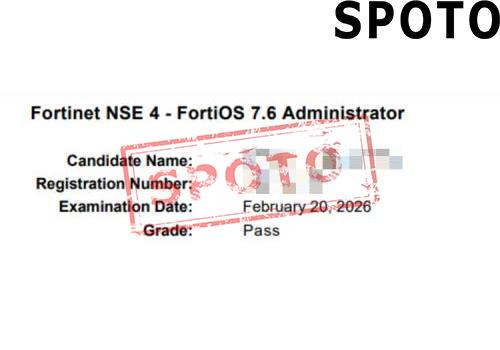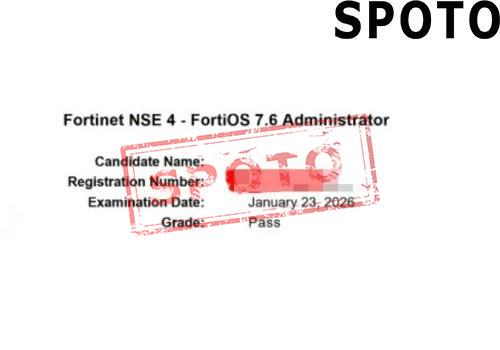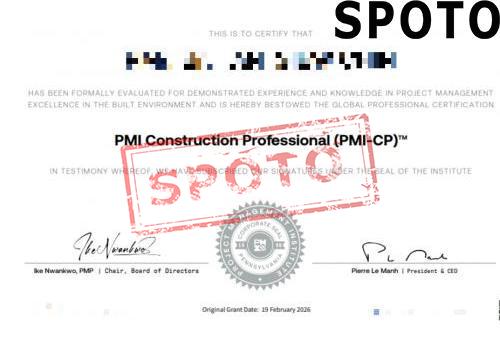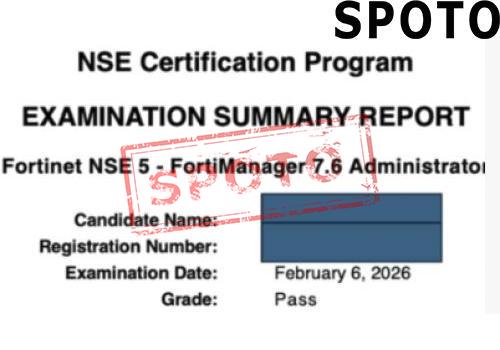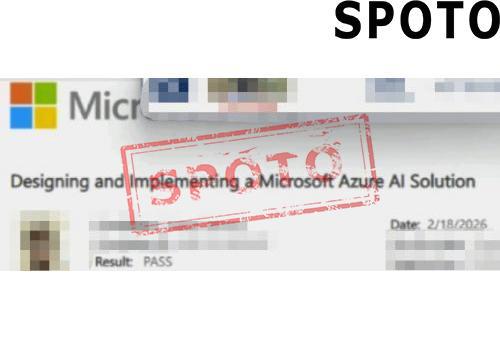
Table of Contents
1. CAPM Eligibility Requirements
Before you begin, confirm you meet PMI’s current criteria:
-
Educational Background
-
Secondary diploma (high school or global equivalent) or
-
Associate’s/Bachelor’s degree in any field
-
(No four‑year degree required—“capm certification without degree” candidates are fully eligible.)
-
-
Project Management Education
-
23 contact hours of formal project management training
-
Acceptable formats include instructor‑led classes, live webinars, or accredited online courses
-
2. Overview of the CAPM Application Process
Follow these steps exactly to submit a successful application:
-
Create or Log In to Your PMI Account
-
Go to PMI.org → Sign in or register a new account.
-
-
Complete the Online Application
-
Under “Certifications,” choose CAPM → “Apply Now.”
-
Enter personal details, education, and training information.
-
-
Document Your Training Hours
-
Provide course titles, provider names, dates, and total hours (must sum to at least 23).
-
-
Review & Submit
-
Double‑check for typos and ensure all fields are filled (this prevents delays).
-
-
Payment
-
Exam fee: USD 225 (PMI members) / USD 300 (non‑members).
-
-
Application Review
-
PMI typically processes applications within 5–10 business days.
-
-
Schedule Your Exam
-
Once approved, you’ll receive an eligibility ID valid for one year and up to three exam attempts.
-
3. Understanding the CAPM Exam & Passing Score
-
Format:
-
150 multiple‑choice questions
-
3 hours total testing time
-
-
Passing Score:
-
PMI does not publish a fixed passing percentage. Based on psychometric analysis, candidates generally need to answer approximately 61–65% of questions correctly.
-
-
Content Domains:
-
Project Fundamentals & Core Concepts (24%)
-
Predictive, Plan‑Driven Methodologies (30%)
-
Agile/Hybrid Methodologies (45%)
-
4. Study Tips & Resources
-
Enroll in a PMI‑Authorized Training Partner (ATP) Course
-
Ensures your 23 hours count toward eligibility.
-
-
Use the CAPM® Exam Content Outline
-
Download from PMI.org and verify domain weights.
-
-
Practice Exams & Question Banks
-
Simulate the time constraints and question formats.
-
-
Flashcards for Key Terms
-
Memorize PMI® definitions and process groups.
-
-
Join Study Groups
-
Leverage peer insights on Agile/Hybrid scenarios.
-
